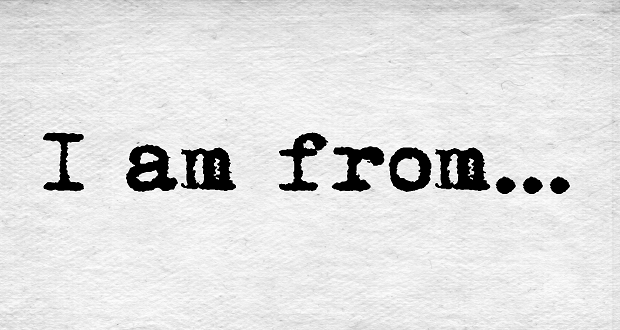
This week, I did something I’ve been considering for awhile: I turned off news notifications on my phone. The topic of news consumption comes up regularly in my conversations with colleagues in the DEIJ space; of course, it is important for us to be tuned into current events that routinely have bearing on our work. I believe this, and I recognize that the headlines will be there later when I purposefully scan them. I didn’t fully appreciate how much frightening headlines popping up throughout my workday was impacting me until I turned off my notifications and enjoyed a sense of focus and calm I haven’t experienced in some time.
I didn’t appreciate how much frightening headlines popping up throughout my day was impacting me until I turned off notifications and enjoyed a focus and calm I haven’t experienced in some time. Click To TweetMore broadly, I have come to understand that cycling between elated “We’re winning!” and a stomach-sinking, “We’re losing ground!” with every legislative decision is not sustainable, nor is it serving me. Most recently, I felt the whiplash of learning last week that Joe Manchin refused to support critical climate legislation and angrily grieving another blow to the possibility of sustaining our planet for future generations at the hands of one man… only to open my news feed yesterday and learn he had reversed course and would support the legislation after all.
A reminder that is always worth lifting up: news outlets are in the business of selling news. I have at times fallen into the trap of frustration with clickbaity headlines and “provocative” (read: harmful) perspectives published in the New York Times, (which at one time in my life I considered the go-to source for forward-thinking news and commentary!) only to remember that it is, at the end of the day, run by biased human beings seeking to sell stories… like every other monetized newspaper and media outlet.
I have fallen into the trap of frustration with clickbaity headlines and harmful perspectives published in the New York Times, only to remember that it is run by biased humans seeking to sell stories. Click To TweetI credit many alternate sources through which I now consume information and media for expanding my lens and capacity for critical thought about news cycles. One in particular is Soledad O’Brien, who has committed herself to “[telling] stories about people whose stories often fly under the media radar.” Her work highlights examples of irresponsible and misleading headlines and framing of news stories, and amplifies experiences of those most harmed by injustices. I increasingly understand this work as one of the most urgent needs in our era of misinformation and polarization driven by a decades-long disinvestment in public education. I am grateful for all O’Brien is doing and encourage everyone to tune into her work.
I have also been intentional about following new people and accounts on social media committed to justice, self-care, and shifting cultural narratives that harm us all. Following activists, indigenous people, people with larger body sizes, people with disabilities, people experiencing neurodiversity, and those concerned with mental health and well-being has shifted my worldview in significant and welcome ways. Research has affirmed that exposing ourselves to images that counter stereotypes is one of the best ways to unlearn biases about ourselves and others into which we have been socialized. In my experience, I have always underestimated the power of this action until I *actually engaged in it,* and I look forward to continuing my lifelong unlearning as I increasingly understand the associated benefits.
Exposing ourselves to images that counter stereotypes is one of the best ways to unlearn biases. In my experience, I have always underestimated the power of this action until I actually engaged in it. Click To TweetOne observation that I’ve been particularly struck by: in recent months, I have learned about egregious, headline-worthy injustices on social media days or even weeks before they make it to headlines in the most prominent news sources (if they ever do!) This has only reinforced my understanding of how inadequately our news sources are serving us.
Divesting from the idea of media outlets as neutral or beyond reproach is a step I hope more people everywhere can take as we work together to find a path forward in our complex and volatile world. I encourage you to consider what perspectives you may not be exposed to in your current media consumption, and actively work to change that. I can all-but guarantee you will be surprised what a difference it makes.
Consider what perspectives you may not be exposed to in your media consumption and actively work to change that. I can all-but guarantee you will be surprised what a difference it makes. Click To Tweet

















